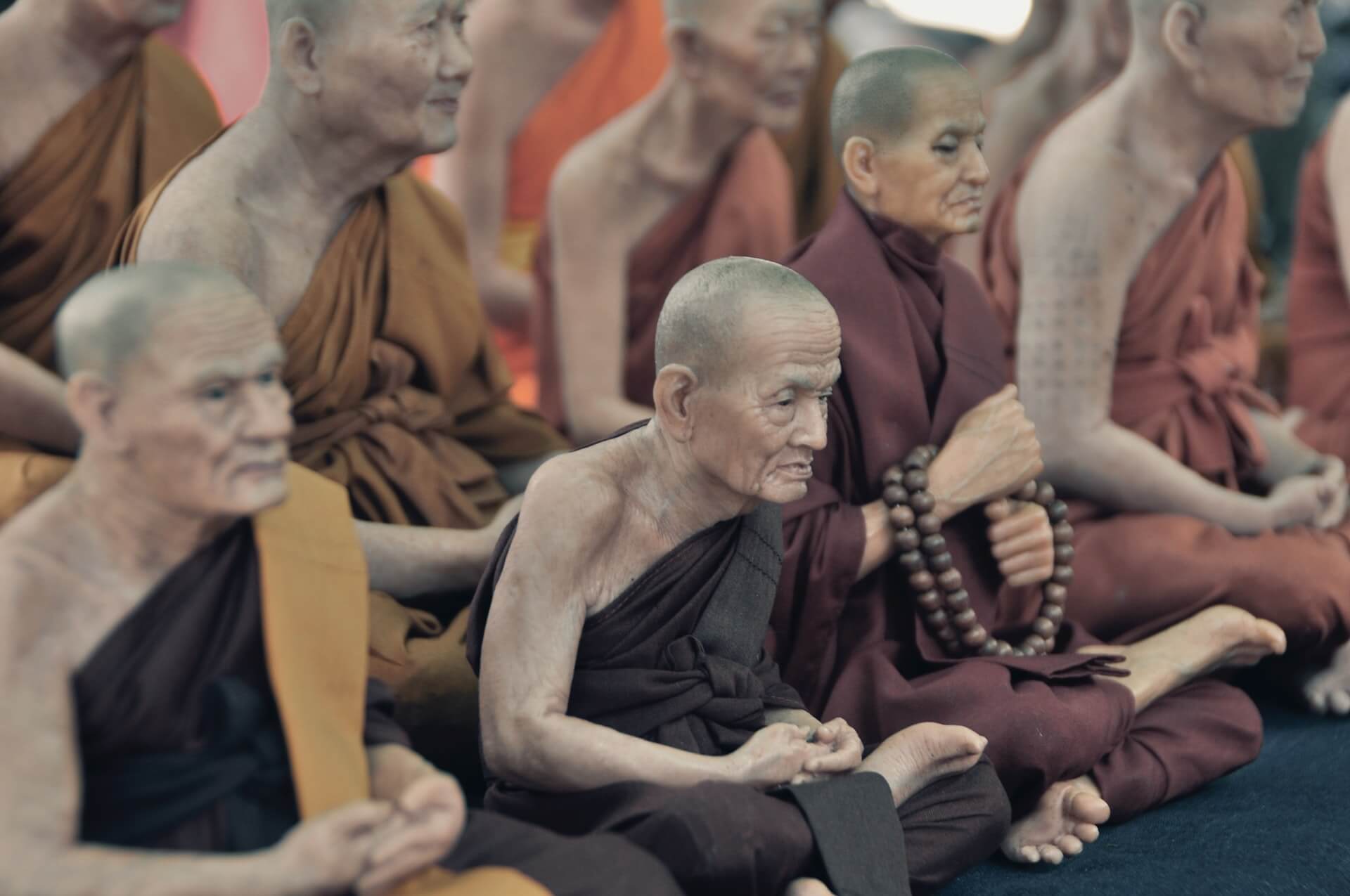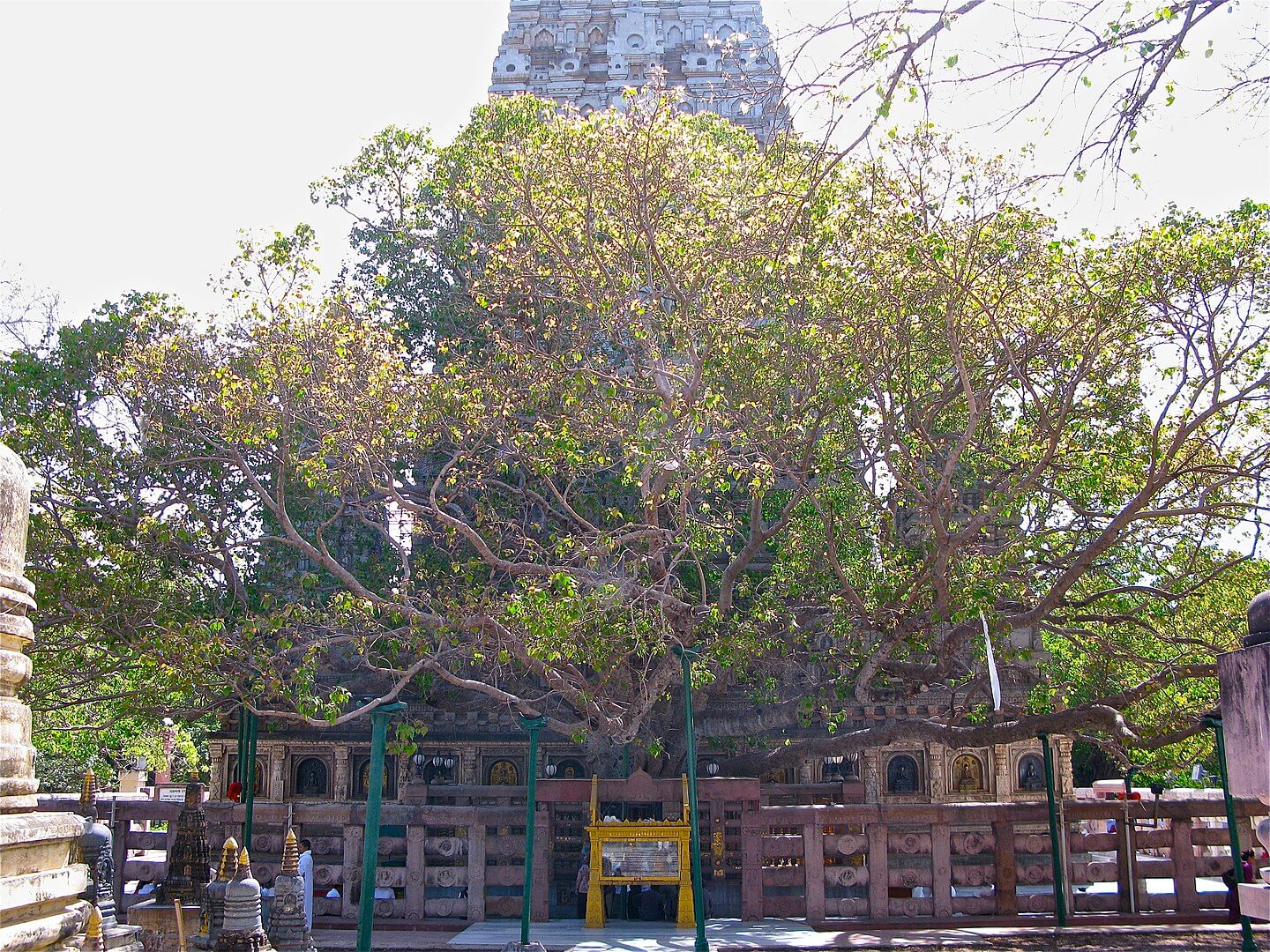Leisure • Eastern Philosophy
Eastern vs Western Views of Happiness
The Western intellectual tradition suggests that in order to be happy, what we need to do most of all is to go out and subdue the world; secure resources, found businesses, run governments, gain fame and conquer nations.
By contrast, the Eastern tradition has for a long while told us something very different. In both its Buddhist and Hindu strands, it has insisted that contentment requires us to learn to conquer not the world but the instrument through which we view this world, namely our minds.

It won’t matter, says the East, how lustrous and perfect our achievements end up being — how much money we accumulate, how many friends we acquire, how feted our name is — so long as our minds remain open to being troubled at any point by our emotional faculties. All the benefits of a palace with seven reflecting pools and gardens planted with almond and cherry trees will be wiped out by a depression. Chronic anxiety will spoil the ownership of the fastest jet. A fortune is of no use at all so long as one is nagged by paranoia. An unhappy relationship at once destroys any advantages of an esteemed name.
Given this vulnerability of external goods to the vagaries of the mental realm, the Eastern tradition advises us to stop spending our time trying to rearrange the material building blocks of existence only then to fall foul of psychological ills — and to focus instead on learning how to control and manage the inherently unruly and hugely complicated instrument through which the external world reaches consciousness. Rather than striving to build empires, we need to spend many years examining how we think and dream; we have to reflect on our families, the economic systems we were brought up under, the impact of our sexual urges and the biological and cosmological order of nature of which we are an infinitesimal part. We have to learn how to breathe in such a way as to allow maximal oxygen to reach our frontal context and to hold our bodies so that our organs are not crushed and our blood flow subtly impeded. We need to be able to sleep a regular number of hours and remove all distractions and excitements that might disturb our streams of thought.
This is by no means an easy set of priorities; it is indeed as much hard work as managing a law firm. But, the yogis and sages advise that it delivers us a far more secure hold on the actual ingredients of contentment than the bank account of a newly installed CEO with a yacht off Barbuda.
Some of the reason why this continues to feel unreal is that we simply can’t imagine that success, great wealth and a palace wouldn’t in the end do the trick. And that in turn is because too few people who have been blessed with such accoutrements have ever given us an honest account of what it felt like to have them. Intellectual history, with its dire incantations against a worldly life, has been written by a set of suspiciously poor and envious-sounding people.
It is therefore highly fortuitous and extremely reassuring that Buddhism should have been founded by a disgruntled former playboy, Siddhartha Gautama, who once had a palace and a trust fund, fame and servants, but gave them up to sit under a bodhi tree and could therefore tell us, with the benefit of lived experience, what material goods can really do – and not do – for us. And without false modesty, he insisted that they won’t be enough. The food may be tasty and the rooms elegant but such advantages cannot serve their purpose so long as one’s mind is haunted and unsteady, as it invariably will be without a long emotional education and regular spiritual practice.

We should take the East’s warnings seriously. However hard we strive, it is logical that we can only be as happy as our minds are at peace. And given how vulnerable we are to mental disturbances, and how short our lives are, we should on balance almost certainly spend a little more time on our psyches and a little less time on our plans for a second home and a New York office.
The West has produced too many unhappy playboys, and the East too many genuinely peaceful sages, for us not to shift our attention away from conquering the world towards taming our minds.


























